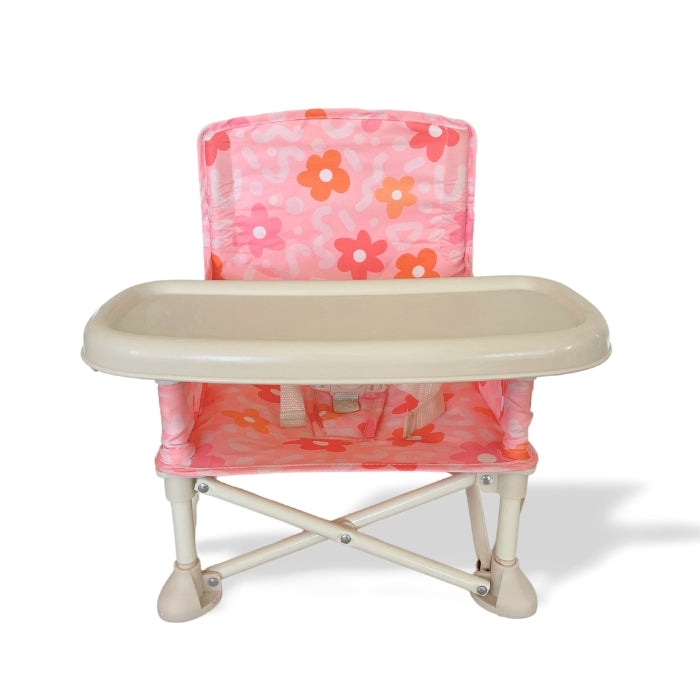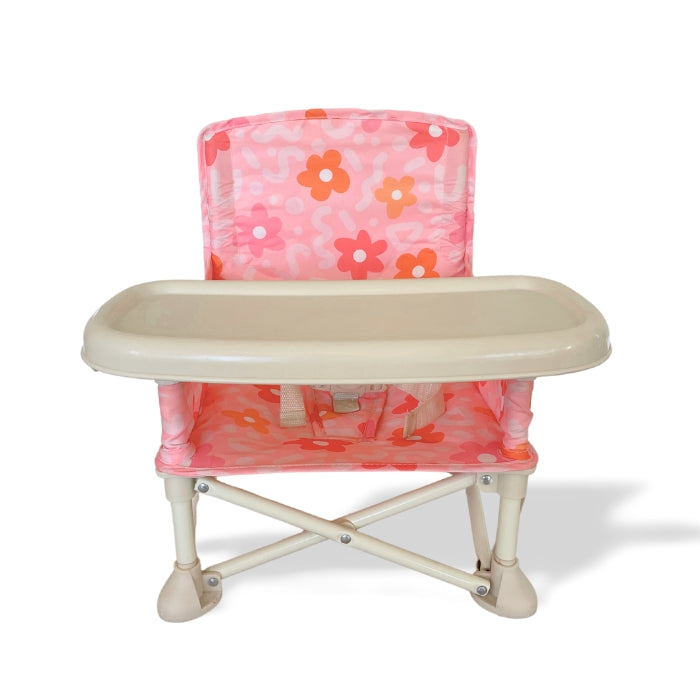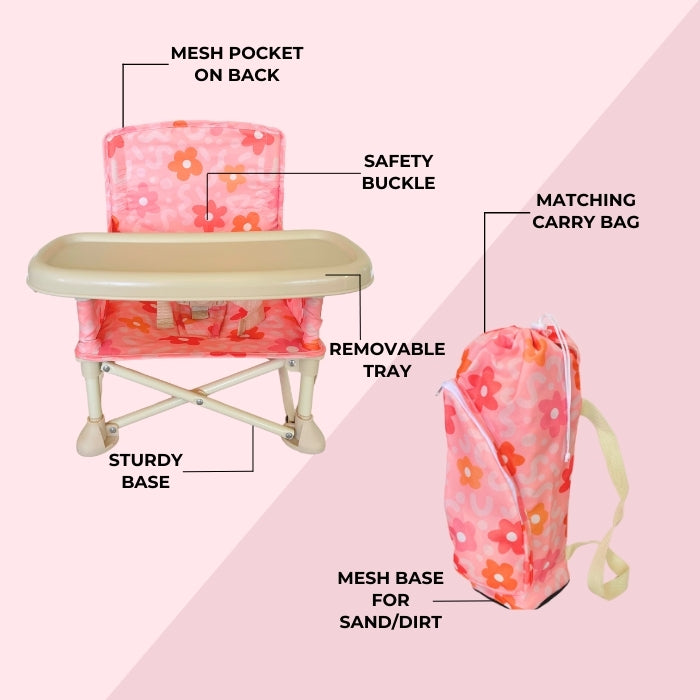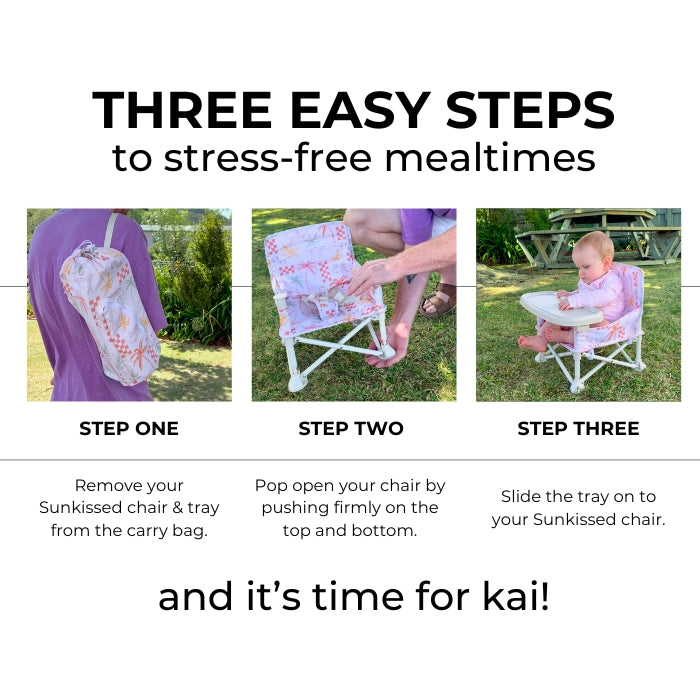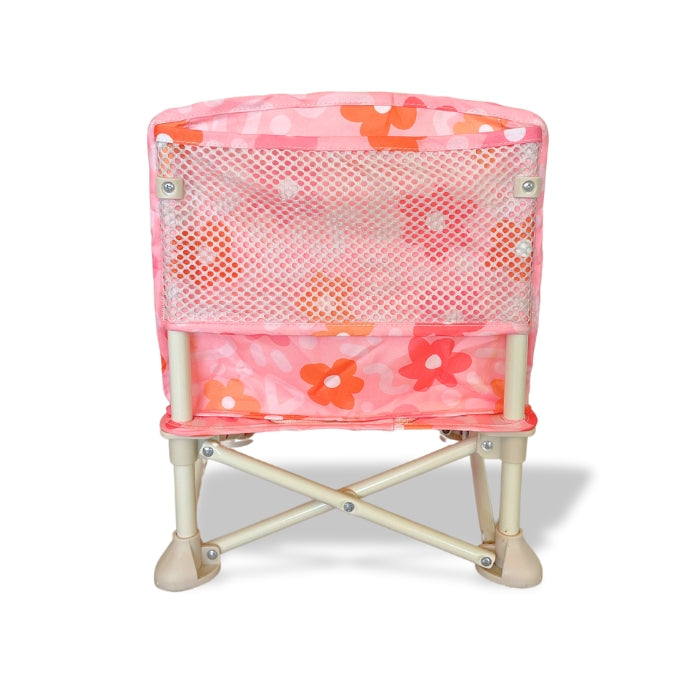Introducing solids is an exciting milestone for both parents and babies, but with so much conflicting advice, it can be confusing to know when to start. Many parents ask questions like:
-
Can I give my 4-month-old baby food?
-
What is the first food to introduce to a baby?
-
Can babies start eating at 3 months?
The short answer? Experts, including the World Health Organization (WHO), recommend waiting until around 6 months to start solid foods. Here’s why.
Why Wait Until 6 Months?
-
Digestive System Readiness – A baby's digestive system is still developing in the first few months. Introducing solids too early (before 4–6 months) may increase the risk of digestive issues, food allergies, and even obesity later in life.
-
Tongue Thrust Reflex – Younger babies have a natural reflex to push food out with their tongue, making it difficult for them to swallow solids properly.
-
Reduced Risk of Choking – Babies who start solids at 6 months have better head and neck control, reducing the risk of choking.
-
Nutritional Benefits – Up until 6 months, breast milk or formula provides all the nutrients a baby needs. Starting solids too early may replace important milk feedings.
What About 3 or 4 Months?
Some parents consider offering solids as early as 3 or 4 months, especially if their baby seems extra hungry. However, most babies at this age are not developmentally ready. If you’re unsure, speak with your pediatrician before introducing solids.
Signs Your Baby Is Ready for Solids
Every baby is different, but here are some key signs that indicate your little one is ready: ✅ Can sit up with minimal support ✅ Has good head and neck control ✅ Shows interest in food (watching you eat, reaching for food) ✅ Opens mouth when food is offered ✅ No longer has the tongue-thrust reflex (pushing food out of the mouth)
What Is the First Food to Introduce to a Baby?
Once your baby is ready for solids, start with single-ingredient, iron-rich foods such as:
-
Pureed vegetables (sweet potato, pumpkin, carrots)
-
Mashed fruits (banana, avocado, apple puree)
-
Soft-cooked meat or lentils for protein and iron
Avoid honey, cow’s milk, and foods that are choking hazards (whole nuts, grapes, popcorn) until your baby is older.
Final Thoughts
While some babies may show interest in food earlier, waiting until 6 months ensures they are developmentally ready and reduces health risks. Trust your baby’s cues, consult with your pediatrician, and enjoy this exciting new phase of parenthood!
📌 Explore our Starting Solids Set to make mealtimes easier and mess-free!



